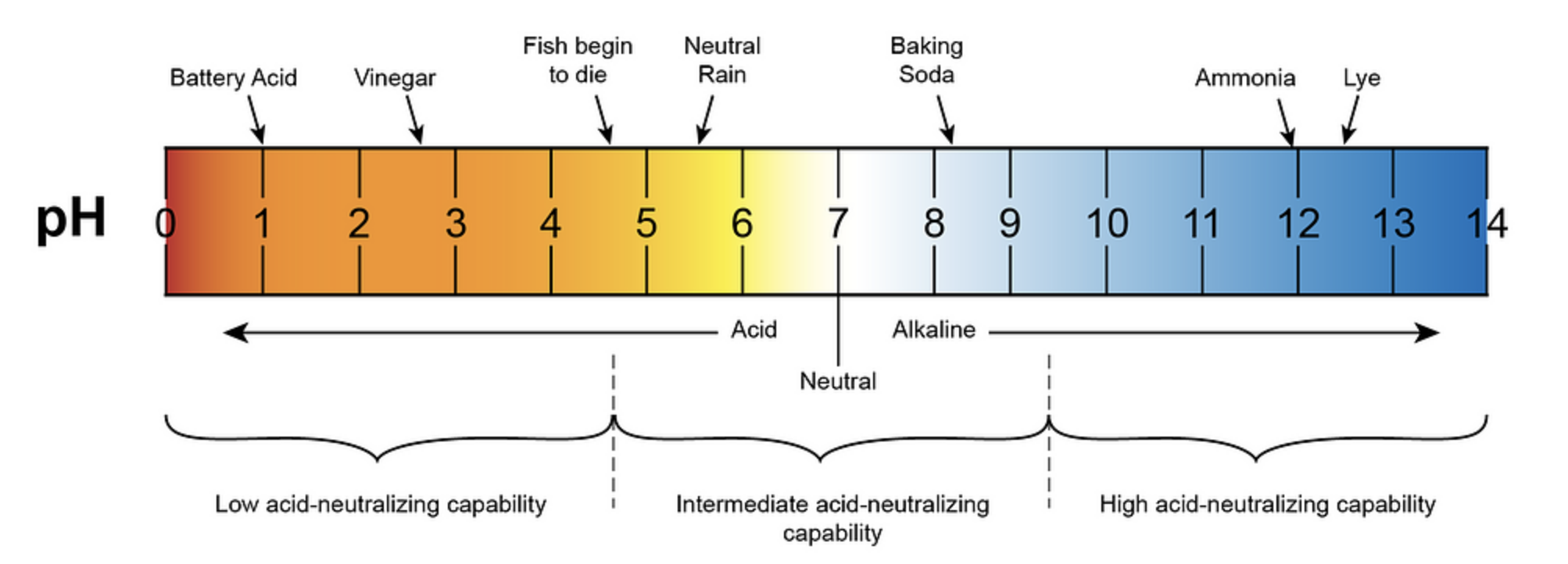The pH value of hot water is influenced by temperature, with the pH decreasing as the temperature increases. This is due to the endothermic process of forming hydrogen ions (hydroxonium ions) and hydroxide ions from water, which is favored by higher temperatures, leading to an increase in the ion product of water, Kw, and a subsequent decrease in pH.
Understanding the pH of Hot Water
At 100°C, the pH of pure water is 6.14, which is considered neutral at this higher temperature. This means that a solution with a pH of 7 at this temperature would be slightly alkaline, while a solution with a pH of 7 at 0°C would be slightly acidic due to the temperature-dependent shift in the neutral pH value.
The Effect of Temperature on pH
The pH change with temperature does not indicate that the water is becoming more acidic or basic in the traditional sense. The concentration of hydrogen and hydroxide ions remains constant in pure water, so the water remains neutral regardless of the pH value.
Contaminants and Chemicals in Hot Water
Contaminants and chemicals can affect the pH of hot water, but these are not directly related to the temperature-dependent pH shift. For example, dissolved carbon dioxide in freshly distilled water can lower the pH, which can be restored to about 7.0 by boiling. However, this effect is not due to temperature but rather the removal of dissolved gases.
Balancing the pH of Hot Water
To balance the pH of hot water, you can use pH adjusters specifically designed for water treatment, such as pH increasers (e.g., soda ash) or pH decreasers (e.g., muriatic acid). However, it is crucial to follow the manufacturer’s instructions and take necessary safety precautions when handling these chemicals.
pH Adjusters for Hot Water
When using pH adjusters, it is important to follow the manufacturer’s instructions and take necessary safety precautions. Improper use of these chemicals can lead to unintended consequences, such as further imbalance in the pH or even potential health hazards.
Safety Considerations
Safety should always be the top priority when dealing with pH adjusters or any other chemicals. Wear appropriate personal protective equipment, work in a well-ventilated area, and dispose of any waste materials properly.
Conclusion
In summary, the pH of hot water is influenced by temperature, with the pH decreasing as the temperature increases. However, this does not indicate that the water is becoming more acidic or basic. Contaminants and chemicals can affect the pH, but these are not directly related to the temperature-dependent pH shift. To balance the pH, use pH adjusters specifically designed for water treatment, following the manufacturer’s instructions and taking safety precautions.
References:
– Temperature Dependence of the pH of pure Water – Chemistry LibreTexts
– What effect (if any) does boiling water have on its pH? – Reddit
– Why is the ph of my hot water 2 points higher than my cold water? – DIY Stack Exchange
– The Effects of Temperature on the pH of Water – Sciencing
– Effect of Heat on the pH of Water and Aqueous Dye Solutions – Nature

